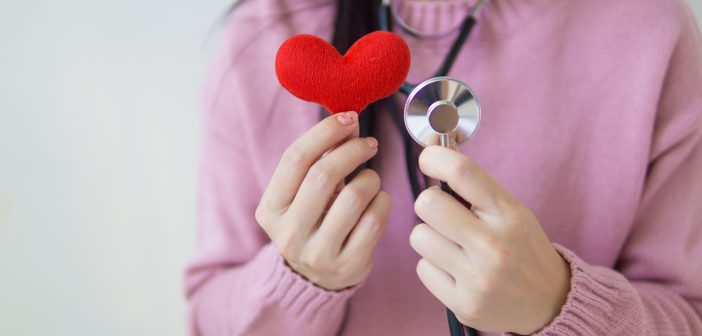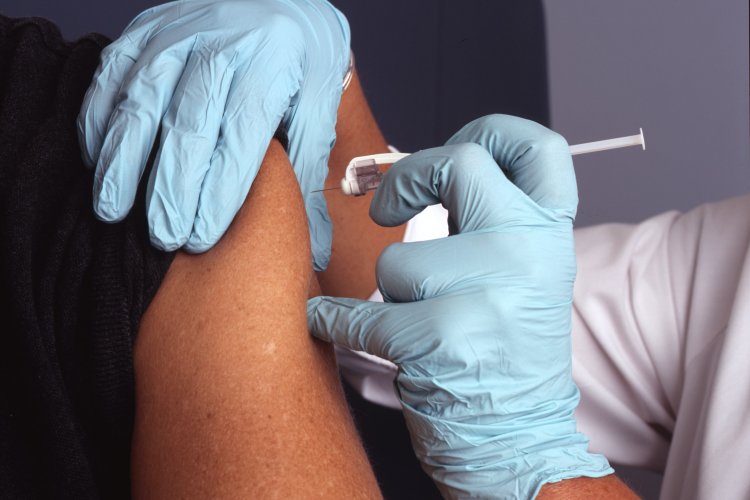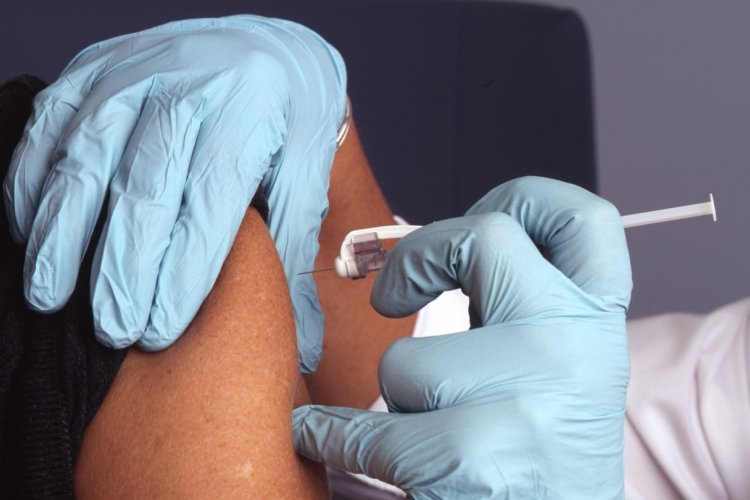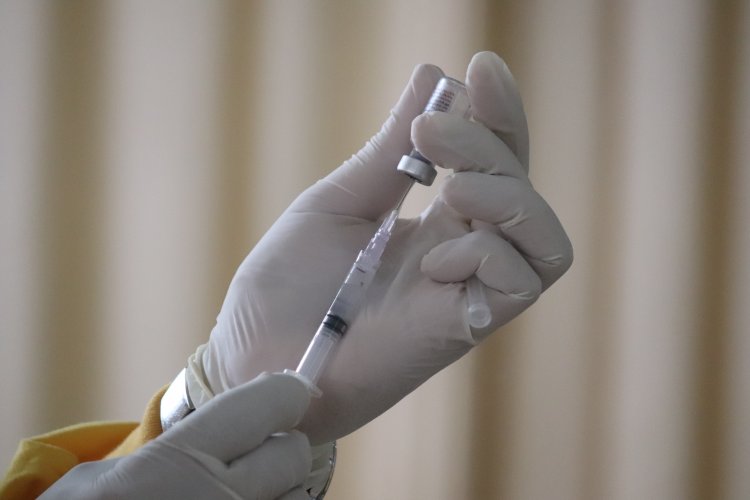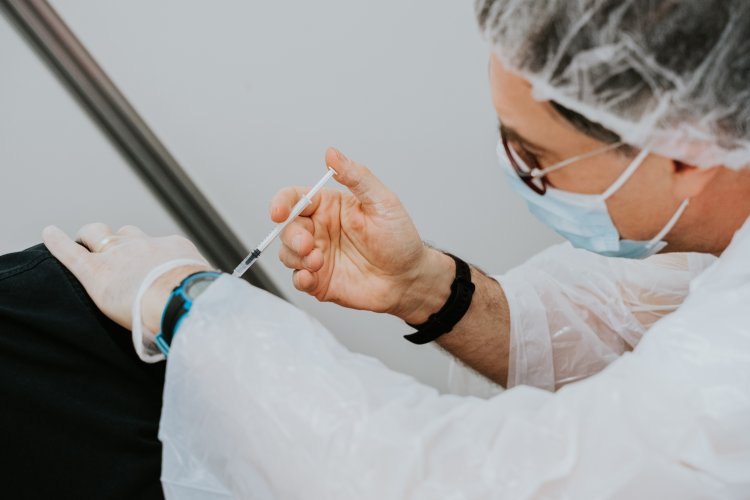HPV Vaccines Are Available Now and Your Pre-Teen Should Get One
Chances are you’ve heard of the human papillomavirus (HPV), and probably understand that it is a sexually-transmitted disease with links to cervical cancer. But it’s more than that. According to the CDC, one “can get HPV by having vaginal, anal, or oral sex with someone who has the virus.” Equally as important, however, “it also spreads through close skin-to-skin touching during sex. A person with HPV can pass the infection to someone even when they have no signs or symptoms.”
This is the reason that the CDC is currently recommending that pre-teens, both girls and boys, from age 11 get the vaccine – because males can be silent carriers. Sexually-active adults up to the age of 26 are also recommended to get the vaccine.
Interestingly, the vaccine is not generally recommended for those beyond 26, though it is possible to discuss getting the vaccination with your healthcare provider if you are between the ages of 27 and 45. You might want to consider this as HPV is contractable, even if you’ve been with the same partner over a period of time. Reading from the CDC website, “You also can develop symptoms years after having sex with someone who has the infection. This makes it hard to know when you first got it.”

In nine out of 10 cases, HPV usually goes away on its own within two years, and without causing any health problems. But when it doesn’t go away, it can lead to genital warts and worse, cancer. HPV has been linked to not only cervical cancer but also cancers of the vulva, vagina, penis, or anus. It can also cause cancer in the back of the throat.
There's more to this story! This article originally appeared on our sister site, Jingkids International.
Click here to continue reading
READ: Should You Get Vaccinated Against Mosquito-Borne Diseases in Beijing?
Images: Pexels, living.aahs.org

